Generation Cry
Photo by Tucă Bianca from Pexels
There is something unsettling in having the world’s eyes turned toward your community. My community. The world temporarily turned its focus toward the latest victims of the climate crisis in The Bahamas and rekindled sweeping debates about the human costs of environmental degradation. This is the reality of the Caribbean community during the hurricane season. We are tired and frustrated, but, as Kamau Brathwaite notes, the hurricane does not roar in pentameters. Our grief cannot be measured by meters familiar to the global north.
I watched video clips from a Bahamian acquaintance of homes inundated by storm surges. Facebook itself became flooded with posts from others in the Caribbean and the diaspora. It is Facebook that constitutes one of the lenses through which I frequently see and engage this community while I study in the United States capital.
The United States capital; that place where the decision to refuse Bahamians temporary protected status was made. Facebook is also one of the main platforms on which I navigate global narratives about climate change, race relations, gender, and their intersections. The timeline comes alive. The world speaks. I listen. Everyone is committed to expressing the requisite amount of anguish, sorrow, and compassion. I’m pretty sure a lot of it is genuine. However, soon enough, posts about The Bahamas peter out, as most trending topics, no matter how grave, are wont to on these platforms.
A few days pass and I find myself walking through the streets of downtown Manhattan after one in the morning. The reason doesn’t matter. I am alone and wary. I’m suddenly overcome with the fear that I could be attacked and so I quicken my pace and phone a friend, a St. Lucian, also studying in the US, to keep me company. I make it home in one piece. I am safe...but home and safe are not synonymous for everyone. I eventually make my way back to DC and once again I fall into the rhythm of my daily routine: I log onto Facebook. The timeline is flooded with eulogies for someone I attended high school with in Antigua over a decade ago. Her name was Taitu Kai Goodwin and she was murdered by her former partner in Anguilla.
Taitu Kai Goodwin. Taitu. Daughter of the Soil. Antigua Girls’ High School Alumna. Former Ambassador’s daughter. Miss Anguilla. Someone I knew. Taitu. Her murder is preceded by the killing of another woman in a domestic dispute, Carissa Chandler, in Antigua earlier this year. Carissa’s murder is preceded by another. Taitu’s murder is followed by another. And another, and another. I don’t know all of their names. Life in Leggings and Walking into Walls will tell you. Taitu. Someone I knew was a victim of gender-based violence. I remember Taitu very well. I recall her bubbly personality and incandescent grins. Some classmates even joked at the time that we could pass for twins. I am shocked and overcome. Verklempt. Taitu.
Facebook is flooded with an outpouring of grief from Antiguans and Anguillans. This time it isn’t the global, or rather, the regional gaze that unsettles me but the way that Facebook prompts us to give shape to dialogues around violence and death. For a given person there is an earnest post about the tragedy of her death and of the scourge that is violence against women. In five minutes, something else has caught that person’s attention: a meme, another social issue, a life experience. But Taitu. While someone’s posting habits are hardly an indicator of how they feel internally, and while I cannot presume to tell anyone how to grieve, or how to express that grief, there is something disconcerting about the patterns of discourse on social media in times of tragedy.
The Lorde, Audre that is, reminds us that we do not live single-issue lives. However, in stepping back to scrutinize these patterns, it is clear that, like the devastation in The Bahamas, violence against women is often reduced to a trending topic. For a few days we lament the prevalence of domestic and gender-based violence as a group. At the individual level, we are quickly compelled to move on and shelve violence against women for another day. For another tragedy. For another Taitu.
In “Generation Why”, Zadie Smith says that “when a human being becomes a set of data on a website like Facebook, he or she is reduced. Everyone shrinks...one nation under a format”. Not only are the complexities of character reduced, but our attention and range of empathy. And while Facebook does not necessarily create the conditions in which we are reduced, it acts as a conduit that amplifies. Reduction squared. We can only care if we knew her. If we knew her, we can only be sad for so long. It’s time to move on to something else.
But I wanted time to stop. I wanted that moment, the focus on Taitu, and on violence against women, to freeze. I wanted that moment to swell with the rage of women across the Caribbean until it spilled over and drowned the misogyny that keeps killing us. But it was not to be. The posts are petering out again. It’s something else now.
This piece was originally published in Women in and Beyond the Global on September 16, 2019. It is updated and reposted here with permission from its author and from the editor of Women in and Beyond the Global.


